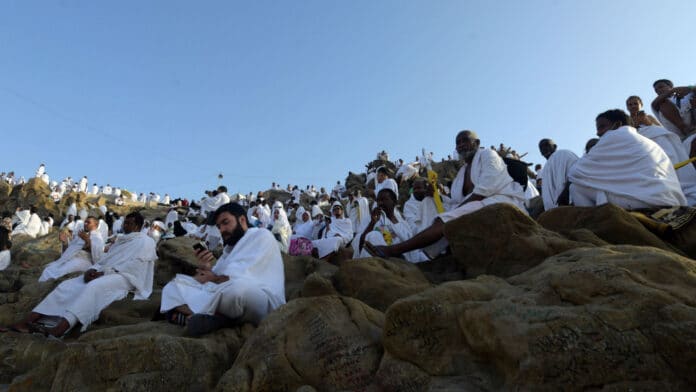Live translation of the Arafat Day sermon is a wide-ranging project for the world, and particularly for visitors to the holy sites, enabling non-Arabic speakers to listen in their native language. At that same location, the Prophet Muhammad made his declaration of human rights, the teachings of Islam and women’s rights, and adherence to the Sunnah.
Live translation of the Arafat Day sermon, one of the most important events on the Islamic calendar, has been expanded to include 14 languages as Saudi Arabia’s leadership seeks to convey a message of moderation and tolerance to the widest possible audience. Abdulrahman Al-Sudais, president of the General Presidency for the Affairs of the Two Holy Mosques, said that the Kingdom’s leadership is offering unlimited support to the development of the Prophet’s Mosque and Grand Mosque’s services.
As the live translation of the Arafat sermon enters its fifth year, the project has been expanded to include 14 languages, he said.
The translation benefitted 1 million people in its first year, 11 million in its second, 50 million in its third, 100 million in its fourth, and will reach 200 million people around the world in 2022, he added.
The leadership later approved translations in English, French, Malay, Urdu, Persian, Russian, Chinese, Bengali, Turkish, and Hausa, with Spanish, Indian, Swahili and Tamil added to the list this year.
King Salman emphasizes the importance of caring for pilgrims, and Saudi Arabia will always take pride in pursuing this mission with the highest efficiency, Al-Sudais said. With this year’s Hajj season the largest since the coronavirus pandemic, the Kingdom will also ensure the well-being of pilgrims, allowing them to perform rituals with comfort and ease, he said.
Along with human rights and the teachings of Islam, the Prophet affirmed the elimination of racism and sectarianism, he said.


